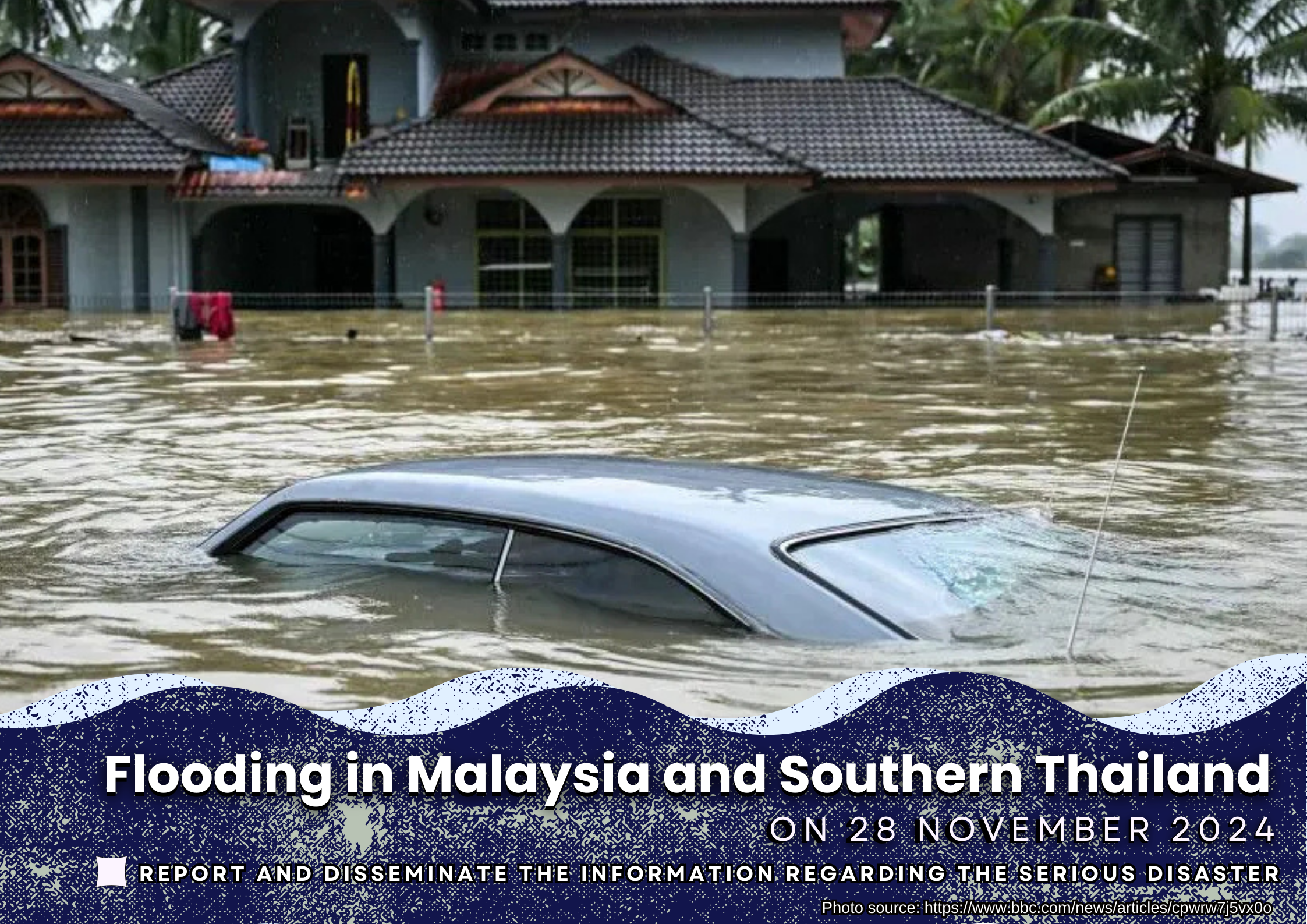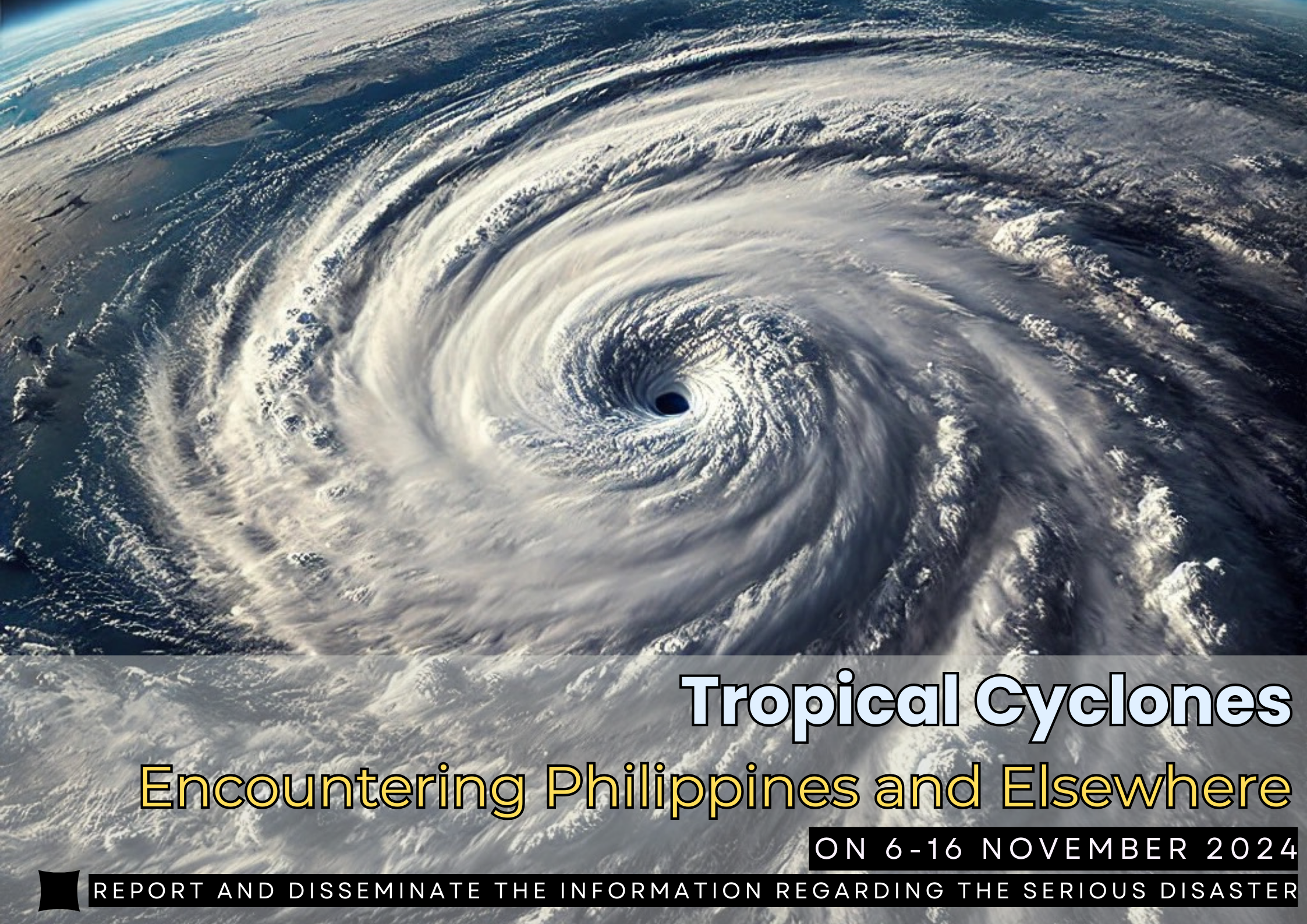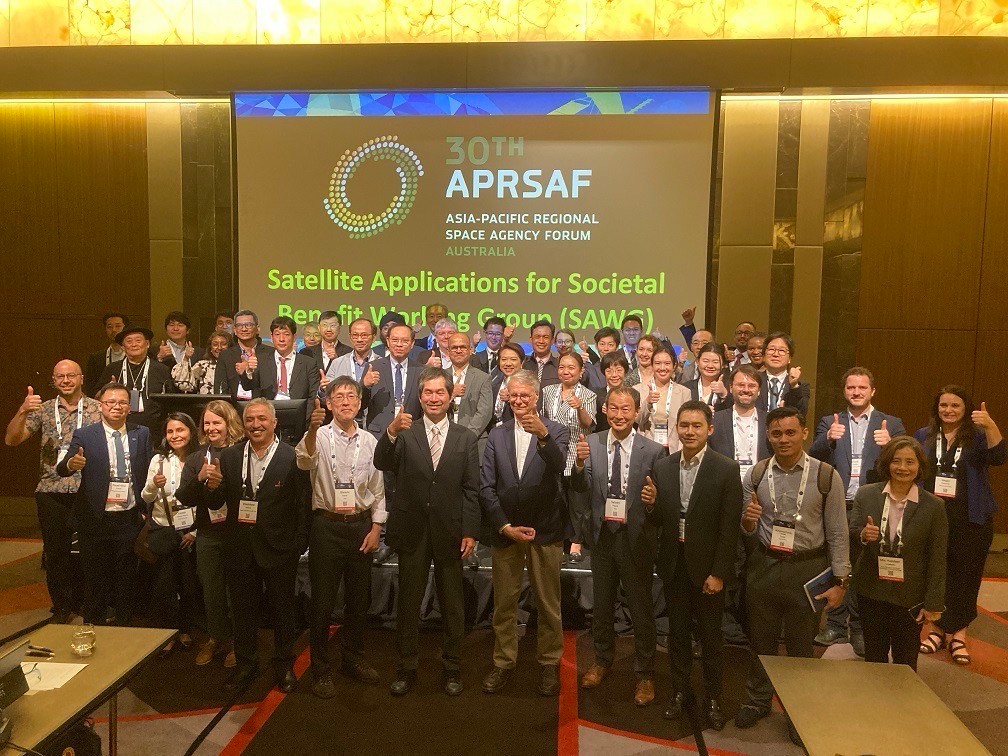.png)
AFSIS Secretariat and Center for Agricultural Statistics (CAS), Department of Planning and Finance (DOPF), Ministry of Agriculture and Forestry (MAF), Lao PDR had conducted Enumerator Training as a part of project for Supporting Agricultural Survey on Promoting Sustainable Agriculture in ASEAN Region or SAS-PSA project in Lao PDR on 19-23 July 2021.
In this regard, Mr. NIIMI Tomohiro, the Japanese Expert had trained Mr. Sengphachan KHOUNTHIKOUMMANE, the National Consultant of Lao PDR as a lecturer on the details of SDG indicator 2.4.1 questionnaire and data collection process in advance on 15 July 2021 toensure that there is a common understanding of all questions and response codes by the National Consultant so that he can perform as a lecturer and train the CAS staff in Lao language properly during 5 days training (19-23 July 2021).
The Enumerator Training aims to develop capacity, strengthen knowledge and experience of the CAS staff on the SDG indicator 2.4.1. data collection. The main activities of the training are 1) familiarize enumerators with the overview of Enumerator Manual and structures of the questionnaire related to the SDG indicator 2.4.1 designed by the Food and Agriculture Organization (FAO) 2) train enumerators on how to use the Computer-Assisted Personal Interviewing (CAPI) by the survey solution application for the interview households 3) conduct a pilot test field survey in Thadindaeng Village, Xaythany District, Vientiane Capital, Lao PDR and 4) summarize all issues which enumerators facing in the pilot test field survey.
The Enumerator Training went successfully with the corporation of all participants from both CAS staff, AFSIS Secretariat and the Japanese Expert. The training ended with the notable Closing Session by Ms. Vivanh Souvannamethy, Director of CAS, DOPF, MAF, Lao PDR.
.png)
.png)
.png)
.png)
.png)
.png)
_1.png)
.png)

In late November and early December 2024, Malaysia and southern Thailand experienced severe flooding and heavy rainfall, which caused widespread damage, including landslides and agricultural devastation. In Malaysia, 25 districts across seven states were severely impacted, with households evacuated and extensive flooding reported. Similarly, southern Thailand experienced heavy rains and flash flooding, particularly in provinces affecting over 136,000 households. The floods severely damaged agricultural sectors, with significant losses in paddy rice and other crops, amounting to millions of dollars in damages in both countries. In response, both nations initiated emergency measures, including providing aid and conducting damage assessments. Malaysia focused on intensive assistance to affected households, while Thailand mobilized a range of relief efforts, including specialized equipment and emergency vehicles, to support flood-stricken regions. The agricultural losses in both countries highlight the critical need for improved disaster preparedness and more resilient agricultural systems.

The tropical cyclones that impacted the Philippines in November 2024, including Yinxing, Oraji, Usagi, and Man-Yi, have caused widespread devastation across several provinces, resulting in heavy rainfall, severe winds, flooding, and significant agricultural damage. These storms have left communities grappling with extensive losses, including damaged crops, disrupted livelihoods, and displacement. Despite the severe impacts, the government of the Philippines, along with international aid from neighboring countries and global partners, has mobilized resources for relief and recovery. The ongoing efforts to assist those affected highlight the resilience of the Filipino people and the importance of continued preparedness in the face of natural disasters.

On 26-27 November 2024, Dr. Sumanya Ngandee, the AFSIS Manager, participated in the 30th session of the Asia-Pacific Regional Space Agency Forum (APRSAF-30), held in Perth, Australia. This event was co-organized by the Australian Space Agency (ASA), the Ministry of Education, Culture, Sports, Science and Technology (MEXT) of Japan, and the Japan Aerospace Exploration Agency (JAXA). The forum's focus was to bring together stakeholders from various space agencies in the Asia-Pacific region to address pressing regional issues through space-based solutions.

On Sunday, November 3, 2024, at 22:57 WITA, Mount Lewotobi Laki-Laki, one of Indonesia’s 120 active volcanoes, erupted on the island of Flores in East Nusa Tenggara province, The eruption, lasting 24 minutes (1,450 seconds), was recorded with a massive amplitude of 47.3 mm. According to Indonesia's National Disaster Management Agency, a strong eruption sent ash up to 2,000 meters (6,500 feet), affecting over 10,000 people. Smaller eruptions followed on November 5-6. In response, the Center for Volcanology and Geological Hazard Mitigation (PVMBG) raised the volcano’s alert status to “Awas” (Level IV), indicating a high danger level.
Visitor Info 322267 | Today 166 | Yesterday 288 | This week 2925 | This Month 9539 | Total 322267
Copyright 2017. ASEAN Plus Three
Food Security Information System Rights Reserved.